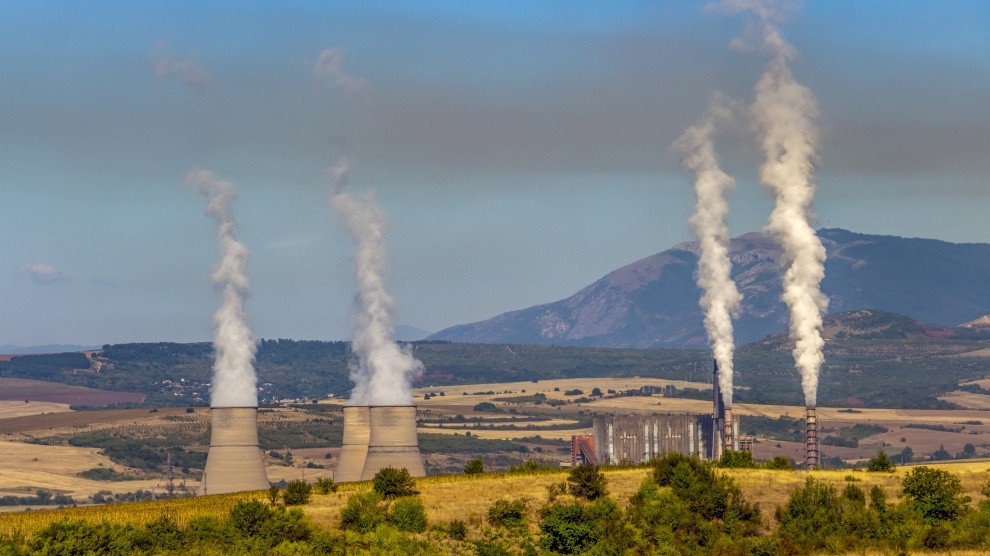“The order to increase the price of electricity is a reflection of everything that has been happening during the last 10 months of the caretaker government”. This opinion was expressed by former energy minister Alexander Nikolov on the National Television.
Last week, the director of the Energy and Water Regulatory Commission (EWRC), Ivan Ivanov announced that in the last days of his post, the previous caretaker minister Rosen Hristov had put on the market electricity from TPP “Maritsa Iztok 2”, which is twice as expensive and now its price is included in the general mix.
“This order and other critical documents were signed in the dark, and the most beautiful part is that this is at the end of their mandate, and at the beginning I remember a certain protocol that put the Greek connection at risk and was denied”, commented Alexander Nikolov.
According to him, the order is the least negative effect. When the financial statements of the companies come out, it will be seen that the revenues in the state budget from VAT, corporate tax and dividends will be many times less – according to Nikolov, this is due to inadequate behavior on several levels.
“Bulgaria, from being an absolute balancer for the region and a permanent exporter of electricity, has turned into an importer in certain periods. This drastically disrupts the balance of the state budget, which is planned in a completely different way.”
The city will pay more expensive electricity, he is categorical, but first EWRC must make an estimate in the various areas for the functioning of the electricity distribution companies.
“Earlier there was talk of two tariffs for household electricity, and when it was not realized in this way to make electricity more expensive for households, it was done with one forced decision, because the planning of the work of TPP-2 takes place at least a year ahead. TPP-2 should have been able to work on long-term contracts, when the price allowed them to cover the costs of emissions”.
Nikolov commented that due to the late measures and funds under the Recovery Plan, Bulgaria is not investing in its own infrastructure and against the background of neighboring countries, our industry is becoming uncompetitive.

